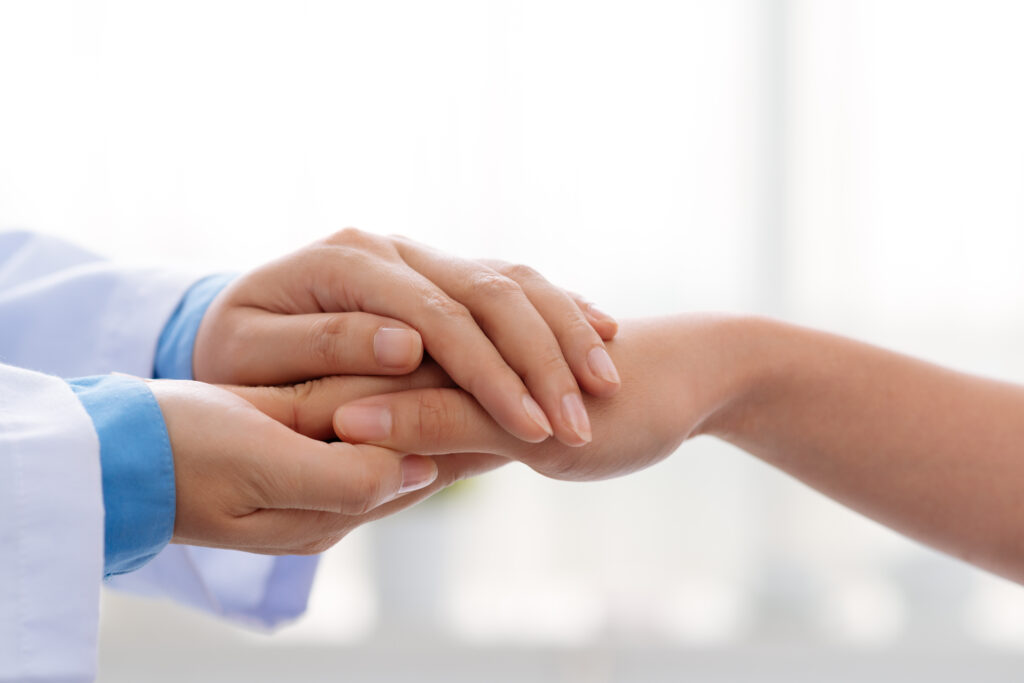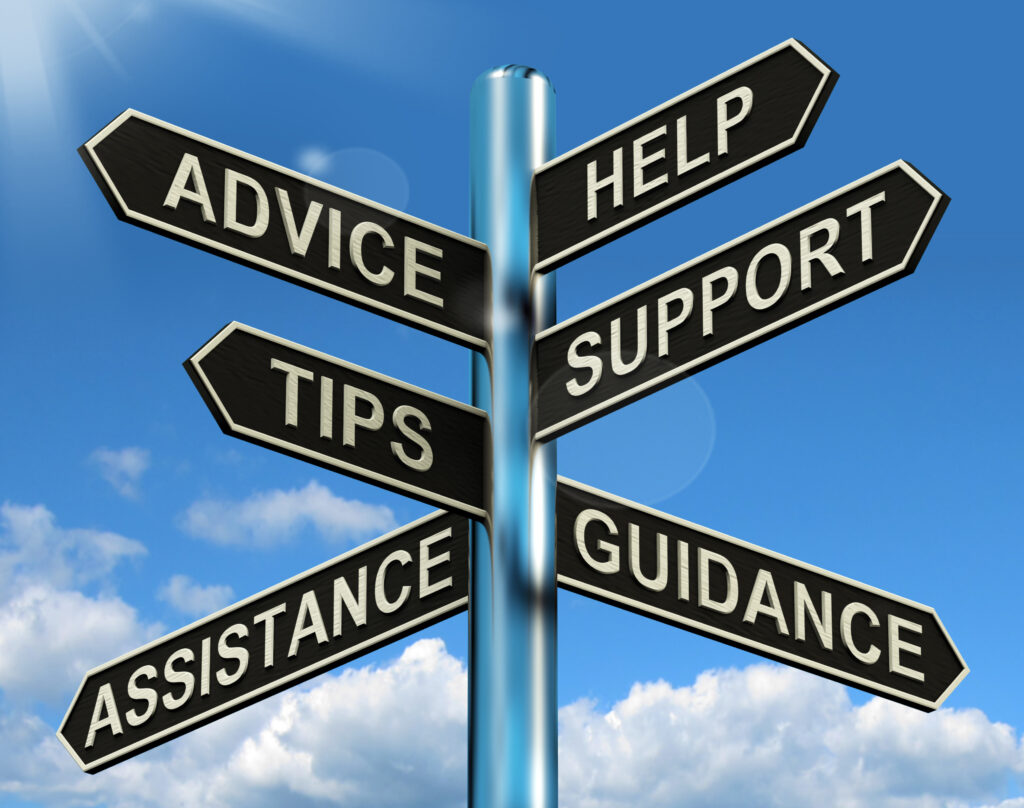Anxiety Therapy
Tips to Manage Anxiety and Stress
Stop your excessive anxiety now! Begin a new life free from Anxiety.
Stress and anxiety are two of the most debilitating issues in our society
They affect people’s ability to work, their relationships with family members, and their overall mood.
To combat this issue, here are a few tips surrounding issues relating to anxiety and stress.
What Is The Best Way To Recover From Anxiety?
There are many ways to recover from anxiety. Some of these include, therapy, exercise and socializing. There is no one right way for everyone but it’s important to know what will work best for you so that you can start feeling better again. You deserve a life free from the negative effects of anxiety!

How To Calm Anxiety About Unimportant Things?
It’s easy to feel anxious about things that are important like your health, but it can also be hard to deal with anxiety about unimportant things.
You might worry if you’re going to have enough money for necessities or if a loved one is safe.
How to calm yourself down when these types of worries get the best of you. What helps me in these moments is being mindful and focusing on what’s happening right now in my life. I notice that by doing so, my anxiety starts to fade away and all the other thoughts I had before aren’t as prevalent anymore.”

How To Calm My Anxiety Until I Can See A Therapist?
The hardest part about anxiety is that it can be hard to control.
You can do all the breathing exercises, journaling and self-care in the world, but sometimes you just need a little more help.
If you’re feeling completely overwhelmed with your anxiety at any point, try these tips for calming down until you can see a therapist: – Drink lemon water – Go outside for some fresh air – Take deep breaths and focus on your breath as it enters your body through your nose and exits out of your mouth.

What Do I Do If I'm Too Socially Anxious To Go To Therapy?
Social anxiety is a condition that affects many people around the world. Medication alone does not provide sufficient treatment and therapy plays an important role in recovery from this disorder. Therapy gives you space to examine your thoughts, feelings, beliefs and origins while simultaneously teaching skills needed for meaningful change-making progress possible through therapeutic intervention.

What Are Some Good Coping Mechanisms For Sadness?
No matter who you are, at some point in your life, you will experience sadness.
You might be grieving a loss or mourning the end of a relationship. Or maybe you just had a really bad day and don’t know what to do with all the negative emotions that come up for you when this happens.
No matter what’s going on for you right now, it can help to try coping mechanisms like talking about how you’re feeling with someone else, taking care of yourself by eating nutritious foods and exercising regularly, or doing something creative like writing.
How To Self-Learn Adaptive Coping Mechanisms?

Adaptive coping mechanisms are the “tools” that we use to cope with stressful situations. Some of these tools can be learned, but others are innate to who we are as a person.
Regardless of which category you fall into, it’s important to have an arsenal of tools at your disposal so that you feel confident in how you’re dealing with any situation.
The idea behind self-learning adaptive coping skills is that there is no one answer fits all for every person.
Whether they are innate or learned, it can be helpful for everyone to learn adaptive coping skills and develop the self-confidence needed to use them effectively.
If this is something that resonates with you, contact us today!
I would love to work with you on developing a personalized plan for success tailored just for YOU.
What Is The Best Advice To Overcome Social Anxiety?
The best advice to overcome social anxiety is to learn how it works. Knowing the reasons for your feelings can help you manage them and move forward in life without being ruled by your fears.
Read on for more information about what causes social anxiety and tips to get past it!

What Is The Best At Home Therapy For Anxiety And Stress?
Many people are asking what the best at-home therapy for anxiety and stress is. Well, there isn’t a clear answer to this question because it really depends on the person.
All you can do is find out what works for your situation by trying different therapies and seeing which one helps you most.
What’s currently working for you at the moment. If you want help finding out please don’t hesitate to get intouch

Can You Use Hate As A Coping Mechanism For Anxiety?
Sometimes people are told to use their anger as a coping mechanism for anxiety and this can work in some cases.
But there is no specific answer to how it will affect your anxiety or if it will make the situation better or worse. It really depends on the person, what they’re going through, and what type of difficulties they have with their anger.
If you are struggling with an overwhelming amount of stress that seems impossible to manage, sometimes focusing on other emotions can be helpful because then you won’t feel so overwhelmed by everything else you’re dealing with.
For many people, using hate as a coping mechanism for anxiety has worked well because it’s been used as a way to release pent up feelings of rage and frustration that often stem from feeling helpless when trying.
What Are Coping Mechanisms To Reduce Social Anxiety?
In order to manage social anxiety, the first step is working on the patterns of unhelpful thinking that have formed in your mind. Once you are able to recognise and challenge these unhelpful thoughts, you’ll be able to work on reducing the behaviours that keep social anxiety going.
In order to challenge unhelpful thoughts, the first thing to do is recognise negative thoughts, and the cycle that negative thoughts create with our minds and bodies. This cycle keeps social anxiety going.
Once you’ve learned how to recognise an unhelpful thought, you can challenging the thought.
What Are Some Examples Of Coping Mechanisms?
A person’s coping mechanisms are their strategies to deal with emotional distress.
When we experience stress, we have a choice about what to do next. We can either avoid the stressful situation or stay in it and try to manage our feelings better.
Coping is an adaptive process that allows us to tolerate challenging life circumstances, and there are many different ways of coping with difficulties.
Some common coping mechanisms include: relaxing, eating healthy foods, exercise, talking with friends or family members about your emotions and thoughts, playing an instrument or singing, meditating with calming music, or listening to uplifting music.

- Schedule a call
- Send a message
